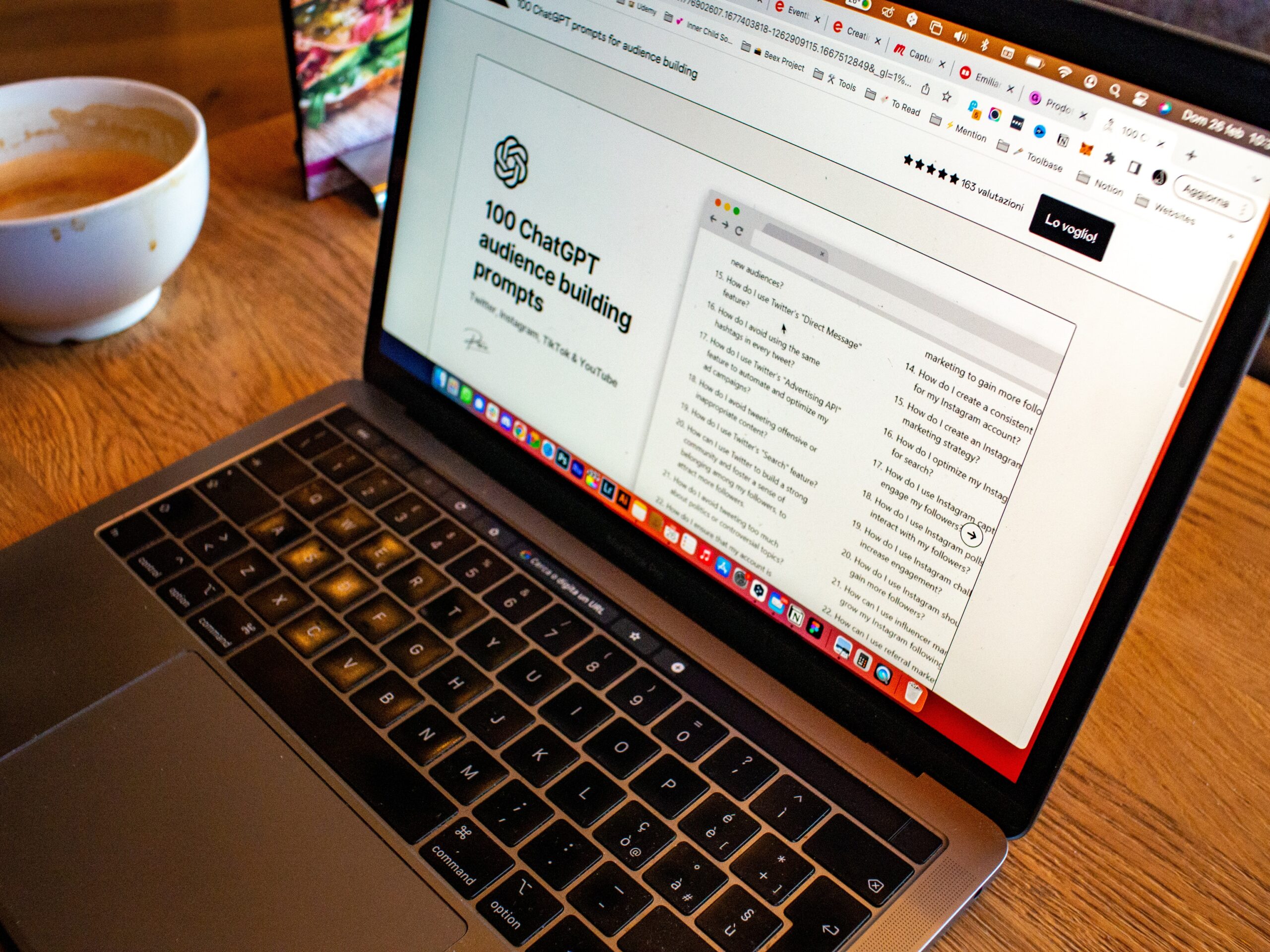In an increasingly digital world, business-to-business (B2B) companies are constantly looking for ways to improve their sales processes. One of the most effective strategies is integrating predictive analytics into sales funnel automation, an approach that brings a number of benefits. By using artificial intelligence (AI) and powerful algorithms, predictive analytics can accurately predict trends, identify opportunities, optimize process efficiency, and even improve lead qualification. As a result, it can significantly increase the chances of converting potential leads into loyal customers. This article discusses the top six benefits of integrating predictive analytics into B2B sales funnel automation and how companies can effectively implement this advanced approach.
Insight into B2B sales funnel automation
The B2B sales funnel refers to the process that companies go through when they sell their products or services to other companies. Automating this process involves using software or other technologies to streamline and organize activities from lead generation to customer retention. The primary goal of B2B sales funnel automation is to make the sales process more efficient and effective, thereby reducing the commitment of resources and time to achieve better results. For example, tasks such as email marketing, following up on leads, and scheduling appointments can all be automated, freeing salespeople to focus on customer interaction, closing deals, and other high-value activities.
Predictive analytics in B2B sales funnel automation takes automation one step further. By using data, statistical algorithms and machine learning techniques, predictive analytics helps predict future outcomes based on historical and current data. In the context of B2B sales funnels, this means using customer data and patterns to make informed predictions about future purchasing behavior and trends. This preventive approach allows companies to be proactive in their sales strategies, improving efficiency, effectiveness and ultimately the bottom line.
The power of predictive analytics in B2B sales funnel automation
As the application of predictive analytics continues to expand, it presents a transformative opportunity for B2B sales functions. The power of predictive analytics, especially when integrated with automation, lies in its ability to transform raw data into actionable insights. Through algorithms and machine learning, predictive analytics can sift through vast amounts of data to detect patterns, trends, and correlations that would otherwise be missed by human research.
Equally important is the ability of predictive analytics to provide insight into future scenarios. For example, it can predict which leads are most likely to convert into sales or identify potential bottlenecks in the sales process that could hinder performance. In addition to detecting what happened and why, predictive analytics can predict what could happen in the future, giving companies a great opportunity to proactively prepare for the future.
Improving lead scoring and qualification
Lead scoring and qualification are crucial aspects of the sales process. However, they can be time-consuming and subjective, meaning potential customers are often overlooked. Integrating predictive analytics into the sales automation process can significantly improve the scoring and qualification of leads, making them more accurate, efficient and objective.
Predictive analytics uses historical data and advanced algorithms to assign scores to leads based on specific criteria, such as the likelihood that a lead will convert into a sale. This data-driven approach can effectively differentiate between leads that are ready to engage and those that need more nurturing, allowing salespeople to spend their time and resources more efficiently.
Optimizing the B2B sales funnel
Nurturing leads through the sales funnel is a crucial part of the conversion process. However, not all leads respond to the same nurturing strategies. Predictive analytics allows companies to better tailor their strategies to individual leads by predicting their preferred forms of communication, the best times to contact them, and the most attractive product or service features.
By better understanding each lead's preferences and behavior, companies can personalize their interactions, making them more effective and increasing the chances of conversion. Predictive analytics can also help companies identify the most effective grooming strategies, allowing them to optimize their efforts and get the best return on their investment.
Accurate sales forecasts
Sales forecasting is often a difficult process in which many factors play a role. However, integrating predictive analytics into B2B sales funnel automation can increase the accuracy of these forecasts. By analyzing historical sales data and trends alongside current market conditions, predictive analytics can generate reliable sales forecasts.
Accurate sales forecasts are critical because they form the basis for many business decisions, from resource allocation to budgeting. Inaccurate forecasts can lead to overstocking, understaffing and other costly inefficiencies. Predictive analytics can reduce these risks by providing more accurate sales forecasts.
Identify upsell opportunities
Upselling is an important source of income for many companies. However, it can be challenging to identify the customers most likely to respond to upsell offers. Predictive analytics can use customer data to identify the products or services customers are likely to be interested in, increasing the likelihood of successful upselling.
Predictive models can analyze a variety of factors, such as past purchasing behavior, response to promotions and customer preferences, to identify potential upsell opportunities. These insights can be used to target customers with personalized offers, improve conversion rates and increase sales.
Improving customer retention efficiency
Retaining existing customers is often cost-effective than acquiring new customers. Therefore, developing customer retention strategies is crucial for businesses. Predictive analytics can play a key role in customer retention by identifying potential churn risks and allowing companies to take preventative measures.
By analyzing customer behavior, predictive analytics can predict which customers are likely to churn and why. With this information, companies can proactively address issues and re-engage customers, increasing retention rates and reducing costs.
Real-time decision-making capabilities
In today's fast-paced business world, real-time decision-making capabilities can provide a competitive advantage. Predictive analytics, when integrated into sales automation processes, provides real-time insights that companies can act on immediately.
For example, predictive analytics can alert salespeople if a lead is likely to choose a competitor or if an attractive upsell opportunity presents itself. These real-time alerts allow companies to quickly adapt, seize opportunities and mitigate risks as they arise.
Implementing predictive analytics in B2B sales funnel automation
To implement predictive analytics in B2B sales funnel automation, companies must first identify their key business goals and determine how predictive analytics can help achieve them. They must also ensure they have access to relevant, good-quality data, as the accuracy of predictive analytics is highly dependent on the quality of the data used. Next, companies should consider which predictive analytics tools are best suited to their needs. There are many software options available, each with their own strengths and weaknesses. Companies may also need to hire or train staff to use these tools effectively. Finally, companies must continually monitor and review their predictive analytics strategy. Predictive analytics is not a 'set and forget' solution; it requires constant management and adjustment to remain effective.
Conclusion
Companies that effectively integrate predictive analytics into their B2B sales channel automation can unlock a range of benefits. These include improving lead scoring and qualification, optimizing the sales funnel, increasing sales forecast accuracy, identifying upsell opportunities, improving customer retention, and enabling real-time decision making. By implementing predictive analytics, companies can streamline their sales processes, make more informed decisions, and ultimately improve their bottom line. The power of predictive analytics in B2B sales funnel automation is undeniable and companies that leverage this technology can gain a competitive advantage in their markets.












